The USAID-funded Vocational Training and Education for Clean Energy (VOCTEC) program, under the leadership of Arizona State University (ASU) and its partners Green Empowerment and Appalachian State University, is designed to improve sustainability of renewable energy infrastructure in selected developing countries by enhancing local awareness, skills, knowledge and capacity through training in the clean energy arena. VOCTEC provides three levels of trainings in solar photovoltaic, small wind and micro-hydro energy systems.
USAID Trains Solar Technicians in Pacific Island Nations
7:01
Video Transcript
NARRATOR>> The Pacific Islands boast some of the most diverse cultural and language groups in the world. Yet the common problem faces its ten million inhabitants scattered across thousands of remote islands and largest of the worlds oceans—access to electricity.
Seven million Pacific Islanders cannot power their homes because they are too far from existing electricity grids. Solar is the perfect technology to provide power to these remote communities. But many Pacific Island countries lack the technical support and know how to install and maintain solar systems in these far flung locations. A unique initiative is trying to change that.
With support from the United States Agency for International Development, the Vocational Training and Education for Clean Energy or VOCTEC program is helping pacific island countries improve the sustainability of their renewable energy initiatives.
Led by Arizona State University, the program is supporting trainers in eleven vocational training institutions across the region with support from USAID and the New Zealand Ministry of Foreign Affairs and Trade.
Alfred Manele is the deputy principal of a high school in central Solomon Islands where solar systems installed by VOCTEC alumni are improving children's education.
MANELE>> Since solar was installed here, our lighting system has improved. It enables teachers to prepare their classwork, and children to do their night studies. Solar helps us with charging laptops for doing our administrative work, showing video clips to the children, for demonstrating lessons in the daytime.
NARRATOR>> Solar power is bringing many benefits to the community of Balaga, made up of about 400 people, since it was installed last year. Technicians from the Solomon Islands Ministry of Energy and Rural Electrification made the journey to Belaga in Gela, Central Province after attending technician training at Solomon Islands National University with VOCTEC support. They installed systems at the high school, staff housing, and local health clinic.
MANELE>> Before solar was installed here, we didn’t have any lighting system. The teacher’s house had a bit of light, when they could afford to pay for kerosene. Since solar was installed, we’re very relieved because we don’t have to buy kerosene. That costs money.
NARRATOR>> Costs savings are not the only benefits. Belaga Primary school teacher Rachel Maeke says the solar light installed at her house helps her children study and provides a sense of security for the nearby school.
MAEKE>> We’re lucky we can use it for security purposes. We have teachers that come in and out of the community. When a new teacher arrives, the solar light makes them feel safe. At the clinic or aid post that we have here in the community, solar light helps women when they’re sick. Especially women who have maternal health problems. Because light is there, pregnant women will come to the clinic for their labor and the nurse will attend to them at night.
NARRATOR>> Solar technology is vital to Solomon Islands, a country where 80 percent of the population lives in rural areas and where kerosene lamps are common.
AIMAEA>> In Solomon Islands, solar is really important for helping people with lighting and it also improves their health, as kerosene lamps produce certain gasses that circulate inside the house… The technology is viable and we have the best sunlight in the world. You put solar anywhere in the Solomons and you’ve got light.
NARRATOR>> With the support of VOCTEC, the Solomon Islands National University is helping to light up communities all over Solomon Islands. The partnership enabled the university to deliver solar technician training for the first time. In line with the university's plans to offer a diploma of renewable energy in 2018.
PITA>> When VOCTEC came into the picture, they enriched and provided the capacity for the school to build what it is already planning to develop for our trainers.
AIMAEA>> We had technicians who undertook the VOCTEC training and learned technical skills in repairing systems, installing systems, doing troubleshooting or reviving systems if they break down. Those types of skills have never been acquired by locals before. It’s important that this technology is transferred to the people so that when we need maintenance and installations, locals can do it. Actually, the training really improved the capacity of our technicians for doing installations.
GADI>> I learned a lot at the VOCTEC training in relation to the sizing of solar and batteries, determining how many lights and how many batteries are needed for this inverter, calculating how many panels are needed for this system.
MANELE>> Everyone understand the importance of solar and is very happy that we have it because it will last a long time and it will help our children with their studies.
September 29, 2013








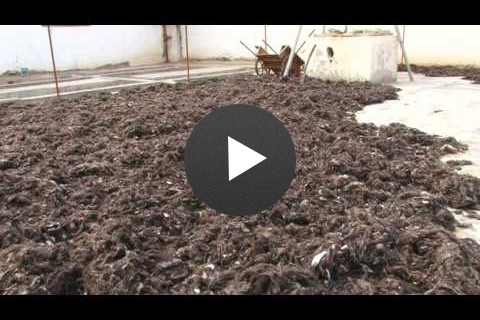
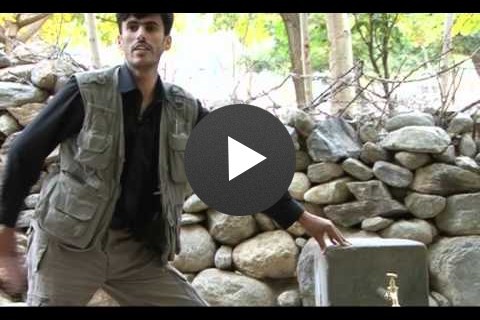
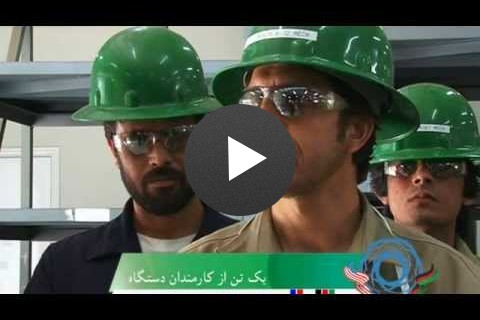
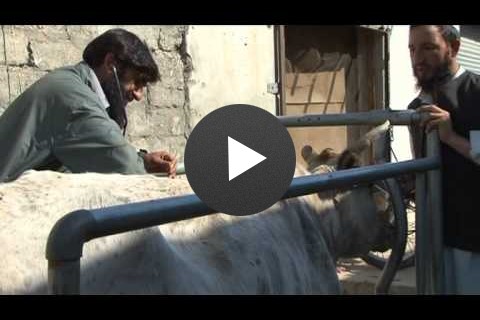
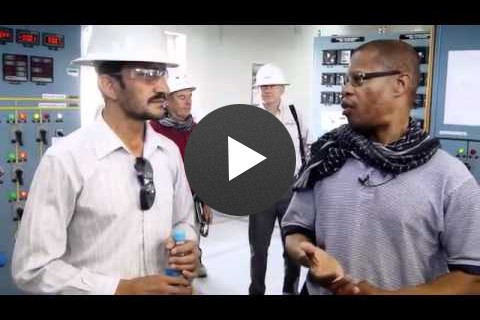
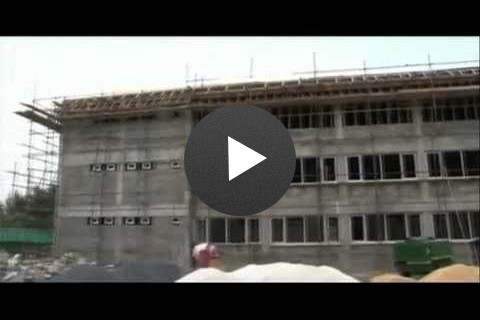

Comment
Make a general inquiry or suggest an improvement.